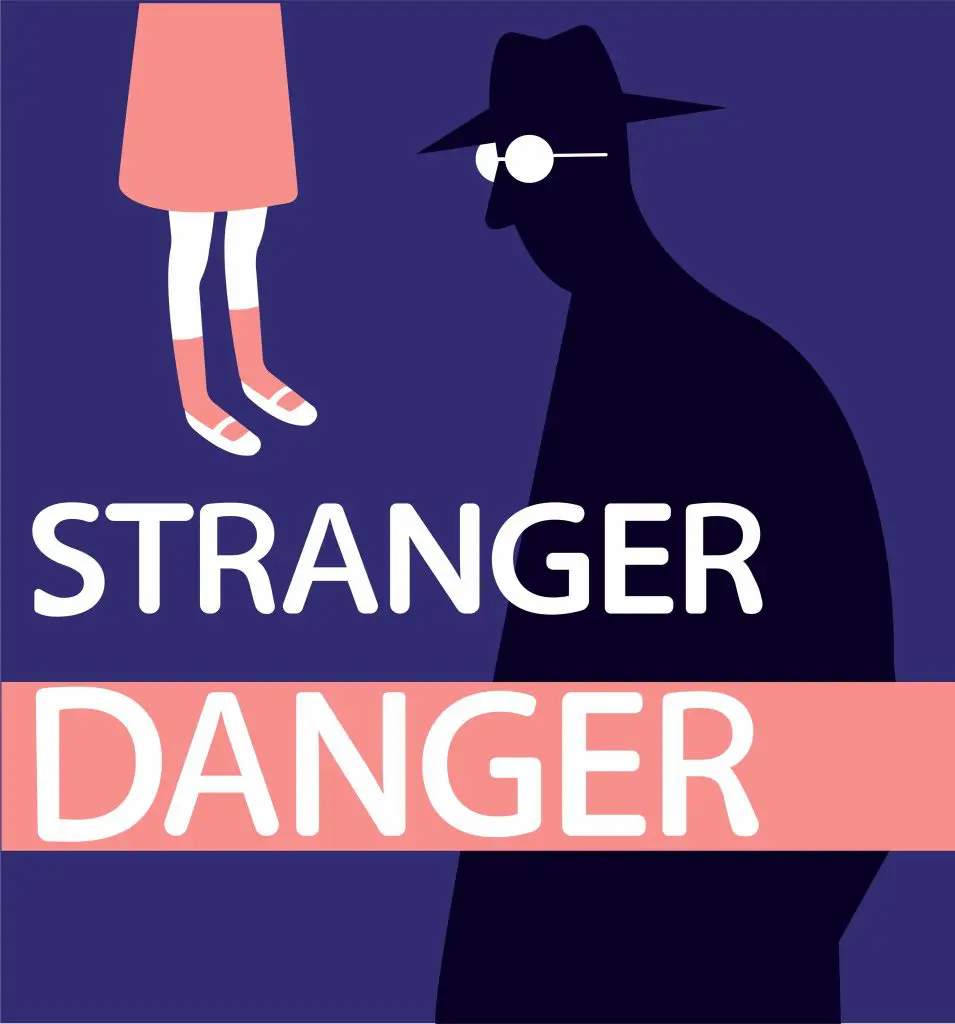Kidnapping
Expert Legal Guide to Kidnapping Cases: Strategies and Implications
Kidnapping, a serious criminal offense involving the unlawful taking and holding of a person, presents significant challenges within the legal system. This article delves into the legal intricacies of kidnapping cases, offering a detailed look at both defense and prosecution strategies, and the complexities involved.
The legal definition of kidnapping varies by jurisdiction but typically involves the non-consensual transportation and confinement of an individual. Legal professionals handling these cases must understand the specific statutes and case law relevant to kidnapping, which often include nuances related to the victim’s age, the purpose of the abduction, and the duration of the confinement.
Defense strategies in kidnapping cases are multifaceted. Lawyers may challenge the prosecution’s narrative by questioning the alleged intent or the circumstances surrounding the incident. Defense arguments might include consent of the victim, mistaken identity, or lack of intent to harm or coerce. It is crucial for defense attorneys to meticulously examine all evidence, including witness statements and surveillance footage, to build a strong defense.
Legal consultations for those accused of kidnapping are critical. They provide an understanding of the charges, potential defenses, and the severe consequences of a conviction, which can range from significant fines to lengthy prison sentences. The stigma associated with kidnapping charges makes effective legal representation essential.
Prosecution in kidnapping cases requires proving that the defendant intentionally and unlawfully took and held the victim. Prosecutors must present clear evidence, often relying on forensic analysis, digital evidence, and eyewitness accounts. The emotional and psychological impact on the victim is also a key consideration in these cases.
The article also emphasizes the importance of understanding the victim’s perspective in kidnapping cases. Legal professionals must navigate these situations with empathy and respect for the victim’s experience while maintaining a focus on the legal aspects of the case.
In conclusion, kidnapping cases demand a comprehensive legal approach. From intricate knowledge of relevant laws to strategic case handling and empathetic understanding of all parties involved, legal professionals play a crucial role in ensuring that justice is served in these complex cases.
By John Riley – former contributing author for Crime, Justice and America magazine. Originally published in...
By Chris Finnie – former Contributing Author to Crime, Justice and America magazine. Originally published in...
By the late Bill Bickel – former Managing Editor of Crime, Justice and America magazine. Originally...
What the Jury Never Knew About Laci Peterson’s Murder and Why Scott Peterson Should Not Be...
By the late Bill Bickel, Editor of Crime, Justice and America magazine for many years. Originally...





